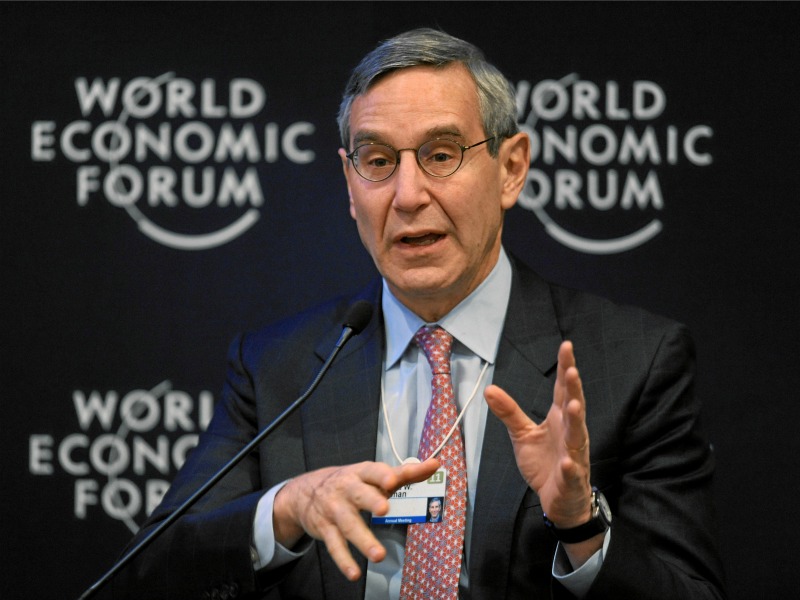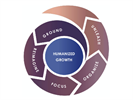Holmes Report 16 Jan 2017 // 5:00AM GMT

NEW YORK — A 'global implosion' of trust, driven by a loss of faith in the overall system, is fuelling rising levels of populism across the world, reveals Edelman's 2017 Trust Barometer.
The 17th edition of the study, which polled 33,000 respondents around the world, finds the largest ever drop in trust across government, business, media and NGOs. The findings reinforce the Holmes Report's view that the collapse in trust helps to explain political events such as last year's Brexit vote and the Trump election victory.
Trust in media (43%) fell precipitously and is at all-time low in 17 countries, while trust levels in government (41%) dropped in 14 markets and is the least trusted institution in half of the 28 countries surveyed. The credibility of leaders also is in peril: CEO credibility dropped 12 points globally to an all-time low of 37%, plummeting in every country studied, while government leaders (29%) remain least credible.
In addition, trust in business (52%) dropped in 18 countries, while NGOs (53%) saw drop-offs as high as 10 points across 21 countries.
More than half of all respondents (53%), meanwhile, believe the current overall system has failed them, because it is unfair and offers little hope for the future. Only 15% believe it is working, and approximately one-third are uncertain. That mistrust extends to elites too: 48% of the top quartile in income, 49% of the college-educated and a majority of the well-informed (51%) say the system has failed.
The gap between the trust held by the informed public and that of the mass population, which was highlighted in last year's study, has widened to 15 points, with the biggest disparities in the US (21points), UK (19 points) and France (18 points). The mass population in 20 countries distrusts their institutions, compared to only six for the informed public.
Edelman CEO Richard Edelman believes that the financial crisis and recession of 2008, along with globalization and rapid technological change have "weakened people’s trust in global institutions."
"The consequence is virulent populism and nationalism as the mass population has taken control away from the elites," he contends.
Those populist movements, the study suggests, are driven by a lack of trust in the system and economic and societal fears, including corruption (40%), immigration (28%), globalization (27%), eroding social values (25%) and the pace of innovation (22%). It is, perhaps, no surprise that three of the countries which combine a lack of faith in the system with deep economic and societal fears are the US, UK and Italy, following last year's election of Donald Trump, the Brexit vote and the failed Italian referendum.
Of the four institutions, business is viewed as the only one that can make a difference. Three out of four respondents agree a company can take actions to both increase profits and improve economic and social conditions in the community where it operates. Moreover, among those who are uncertain about whether the system is working for them, it is business (58%) that they trust most.
Yet business is hardly immune to the collapse in trust, particularly when it comes to economic fears and concerns. A majority of the global population surveyed worries about losing their jobs due to the impacts of globalization (60%), lack of training or skills (60%), immigrants who work for less (58%), jobs moving to cheaper markets (55%) and automation (54%).
Kathryn Beiser, global chair of Edelman’s corporate practice, believes that business leaders "must step up on the issues that matter for society."
"[Business] has done a masterful job of illustrating the benefits of innovation but has done little to discuss the impact those advances will have on people’s jobs," she explains. "Business must also focus on paying employees fairly, while providing better benefits and job training."
The cycle of distrust is magnified by the emergence of a media echo chamber that reinforces personal beliefs while shutting out opposing points of view. Respondents favor search engines (59%) over human editors (41%) and are nearly four times more likely to ignore information that supports a position they do not believe in.
“People now view media as part of the elite,” said Edelman. “The result is a proclivity for self-referential media and reliance on peers. The lack of trust in media has also given rise to the fake news phenomenon and politicians speaking directly to the masses. Media outlets must take a more local and social approach.”
A person like yourself (60%) is now just as credible a source of information about a company as is a technical (60%) or academic (60%) expert, and far more credible than a CEO (37%) and government official (29%).


































.jpg)



.tmb-135x100.jpg)













